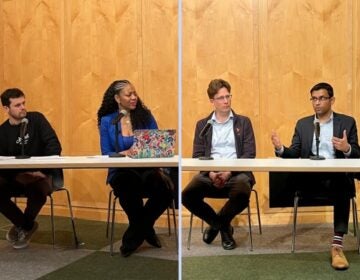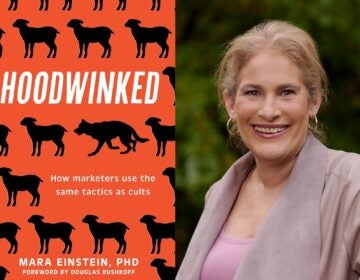Is YouTube radicalizing its users?
Listen 49:01
(photo credit: Marty Moss-Coane)
Guests: Jamil Smith, Zeynep Tufekci, Becca Lewis
YouTube is a great resource for tutorials for learning new skills, the latest music videos, clips of animals doing silly things, viral clips from late night television and access to old movies. But YouTube is also a venue for disinformation, conspiracy theories, and hate speech with the site’s algorithms pushing videos that go farther into the fringes. And while much attention has been focused on “fake” news, bots, and radicalization on Facebook and Twitter, YouTube’s culpability in spreading falsehoods and hate has flown somewhat under the radar. This is despite the fact that over half of YouTube users claim they use the platform to “understand events that are happening in the world” according to a new Pew study. Today on the show, we’ll talk about YouTube and the perils of using the site for news and information with ZEYNEP TUFEKCI , professor at University of North Carolina School of Information and Library Science and contributing opinion writer for The New York Times, and REBECCA LEWIS, researcher at Data and Society Research Institute. But first, we’ll talk to national affairs writer for Rolling Stone, JAMIL SMITH, to get his thoughts on President Trump’s prime time speech on the border Tuesday night.
Segments from this episode
WHYY is your source for fact-based, in-depth journalism and information. As a nonprofit organization, we rely on financial support from readers like you. Please give today.





